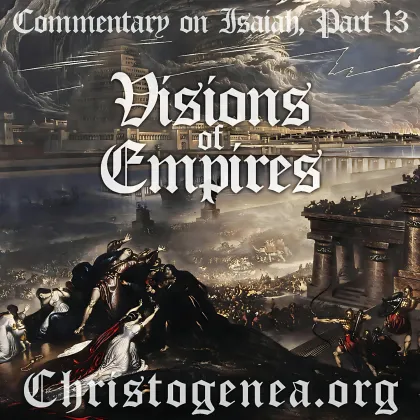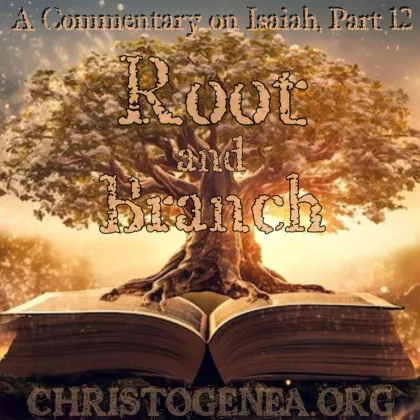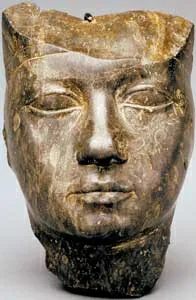A Commentary on Isaiah, Part 14: Lucifer, Son of the Morning

A Commentary on Isaiah, Part 14: Lucifer, Son of the Morning
The Roman Catholic images of a fallen angel named Lucifer have permeated Christian society for at least fifteen hundred years, but they are related far more closely to the allegorical images which are found in ancient Mesopotamian carvings than they are to the truths of Scripture. The epithet Lucifer, which is known only from Isaiah chapter 14, does not actually exist in the original language of Scripture, and the words from which the epithets were formed were used in reference to a man, and not as an address for some mystical and supernatural demon or fallen angel. They were used to describe a certain and then-future king of Babylon, whom we would assert could represent any king of any world empire at any given time, a man standing in opposition to God, and not some other-worldly adversary with super-human powers.
The Roman Catholic visions of Lucifer actually detach the Biblical warnings from the realities of everyday life, and the context here in Isaiah concerns the punishment of the children of Israel for their sins. Lucifer does indeed exist, and has existed throughout all of history, but as a man, or as a long series of men, the nature of which the Roman Catholic fables have forever prevented Christians from understanding. The true meaning of the words requires an understanding of ancient history as well as the Biblical context which is found here in the surrounding text of Isaiah. Having obfuscated the meaning of the term Lucifer, the popes of the Roman Catholic Church have actually quite often fulfilled the role of Lucifer, through which they have pretended to be the light-bearers for Christian society while they have actually stood in opposition to Christ. But the people never noticed, because they saw Lucifer as some far-off and mystical, ethereal demon.








 Please click here for our mailing list sign-up page.
Please click here for our mailing list sign-up page.








Recent comments